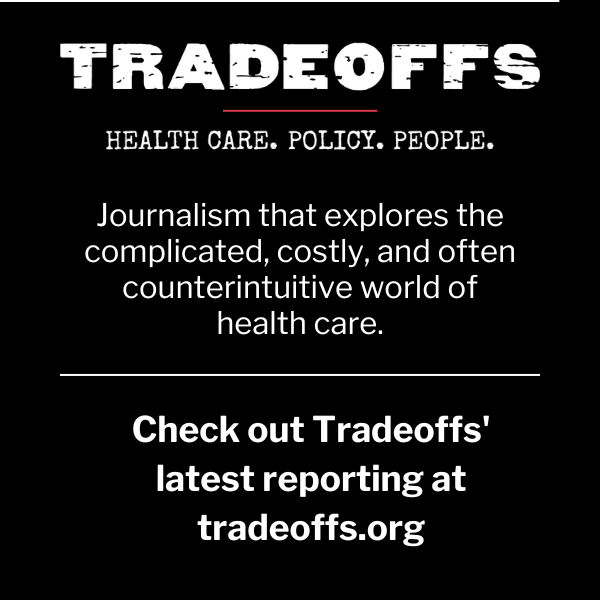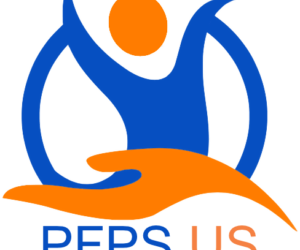 Listen to the panel
Listen to the panel
Lee Tien, Electronic Frontier Foundation (MP3, 3MB)
Michael Risher, American Civil Liberties Union (MP3, 3.6MB)
Phillip Reese, The Sacramento Bee (MP3, 2MB)
Audience Q&A (MP3, 4MB)
Don't miss the San Francisco chapter's next event:
Childhood Obesity: Strategies and Solutions from Bay Area Experts
Thursday, Nov. 12, 6-8 p.m.
Mandatory RSVPs by 3 p.m., Nov. 11. Get details.
Related resources
AHCJ has an active Right-to-Know Committee that promotes the free flow of health and medical information, advises the AHCJ Board of Directors on potential advocacy positions and serves as a resource for members on access issues.
Some of the committee's recent activities:
• AHCJ objects to federal agencies' handling of story embargo
• AHCJ objects to federal agencies' handling of story embargo
• AHCJ calls on new administration to improve access to federal experts
• AHCJ: Proposed legislation would be blow to public access
The Bay Area chapter of AHCJ hosted a panel discussion about the Freedom of Information Act and public records access on Oct. 15 in San Francisco at the San Francisco Chronicle building. About 43 attendees heard the panel's experts give an overview and updates about FOI and also the California Records Act, strategies for obtaining records, and how to use the information effectively. AHCJ member Laurie Udesky moderated the program.
Lee Tien of the San Francisco chapter of the Electronic Frontier Foundation, who specializes in free speech and privacy law and works on open government cases, explained the basics of FOIA, and gave examples of the differences and similarities in government responses to FOIA requests under the Bush and Obama administrations. Despite promises of greater transparency, Tien explained that in the area of national security, the Obama administration, like the Bush administration, has invoked the states' secrecy privilege to push for the dismissal of cases against companies that participated in warrantless wiretapping of U.S. citizens. For those unfamiliar with FOIA requests, he pointed out that such requests can only be made to federal agencies.
Michael Risher, a staff attorney at the American Civil Liberties Union of Northern California, where he handles a wide range of cases involving freedom of expression, open government, criminal justice, and other civil liberties issues, followed with advice about accessing information via the California Public Records Act.
He said that reporters need to pay attention and do some legwork before making a request:
- Know what records you want
- Where you can find them
- Who to ask
He suggested that asking more than one person may get results if one of them is unwilling to provide documents. Under the California Records Act, it's within the provisions of the act that requests can be made verbally, via e-mail or by phone. And if the answer is consistently "no," you have a right to sue. For news organizations concerned about the cost of litigation, he explained that if you can show that it's in the public's interest to provide documents, then you can prevail in a case and have attorneys fees' covered.
Once you have records, what can you do with the information?
Phillip Reese, a reporter on the projects and investigations team of The Sacramento Bee, specializes in data analysis and shared some of the ways in which he uses data to create pie charts and graphs, and other ways of making information digestible and comprehensible to readers. He demonstrated how to use a simple tool such as Google Docs to create charts with spreadsheets and Google maps to add another dimension to a story.
Reese also shared his experience with requesting employee payroll records from a government agency. When his request for the data set was refused and a spokesperson for the agency said he couldn't export the data, Reese wrote a story about the agency's alleged inability to do that. In the process of writing that story, Reese contacted the software vendor who said that software was capable of exporting the data. Two weeks later, Reese received the data he had requested.
Reese also showed how he used data sets from the California Health Interview Survey to show how many Californians did not have health insurance. He also showed the audience a database he created on emergency room deaths in California hospitals.
Follow-up questions from the audience addressed privacy rights and how HIPAA complicates requests for records.
About the speakers
Lee Tien is a senior staff attorney with the Electronic Frontier Foundation, specializing in free speech law, including intersections with intellectual property law and privacy law. Before joining EFF, Tien was a sole practitioner specializing in Freedom of Information Act litigation. He received his undergraduate degree in psychology from Stanford University, where he was very active in journalism at the Stanford Daily. After working as a news reporter at the Tacoma News Tribune for a year, Tien went to law school at Boalt Hall, University of California at Berkeley. Tien also did graduate work in the Program in Jurisprudence and Social Policy at UC-Berkeley.
Michael Risher is a staff attorney at the American Civil Liberties Union of Northern California, where he handles a wide range of cases involving freedom of expression, open government, criminal justice, and other civil liberties issues.
Philip Reese is a reporter on the projects and investigations team of The Sacramento Bee. He specializes in data analysis and has been with The Bee for five years. After reviewing hundreds of thousands of records, Reese figured out a way to develop a comprehensible database on emergency room visits to hospitals.
The panel was moderated by health care reporter Laurie Udesky, whose articles and multimedia pieces on health and public policy have appeared in The Lancet, Salon.com, and on Consumer Health Interactive, among other news outlets. She has won national and regional awards for her work.







